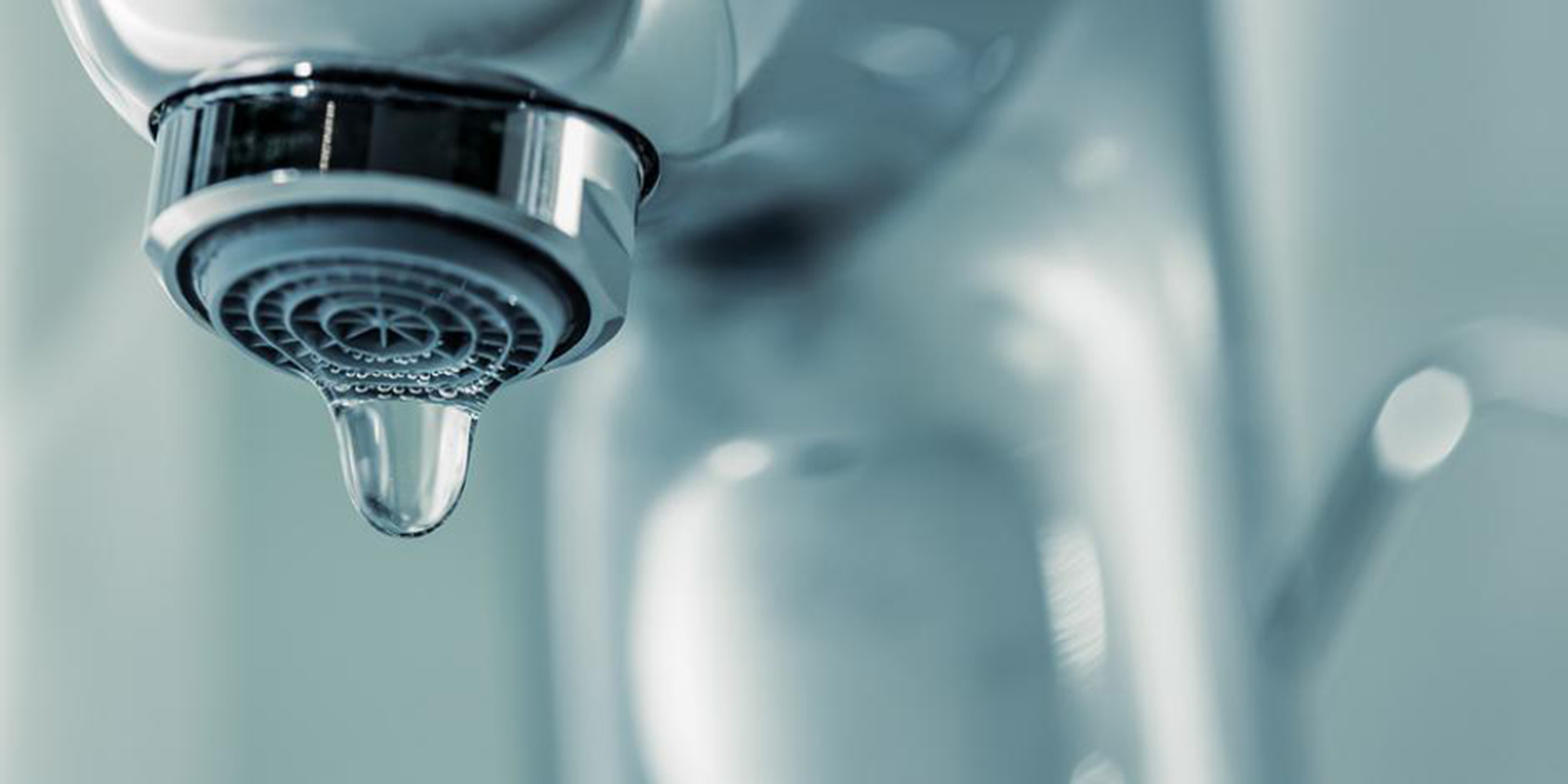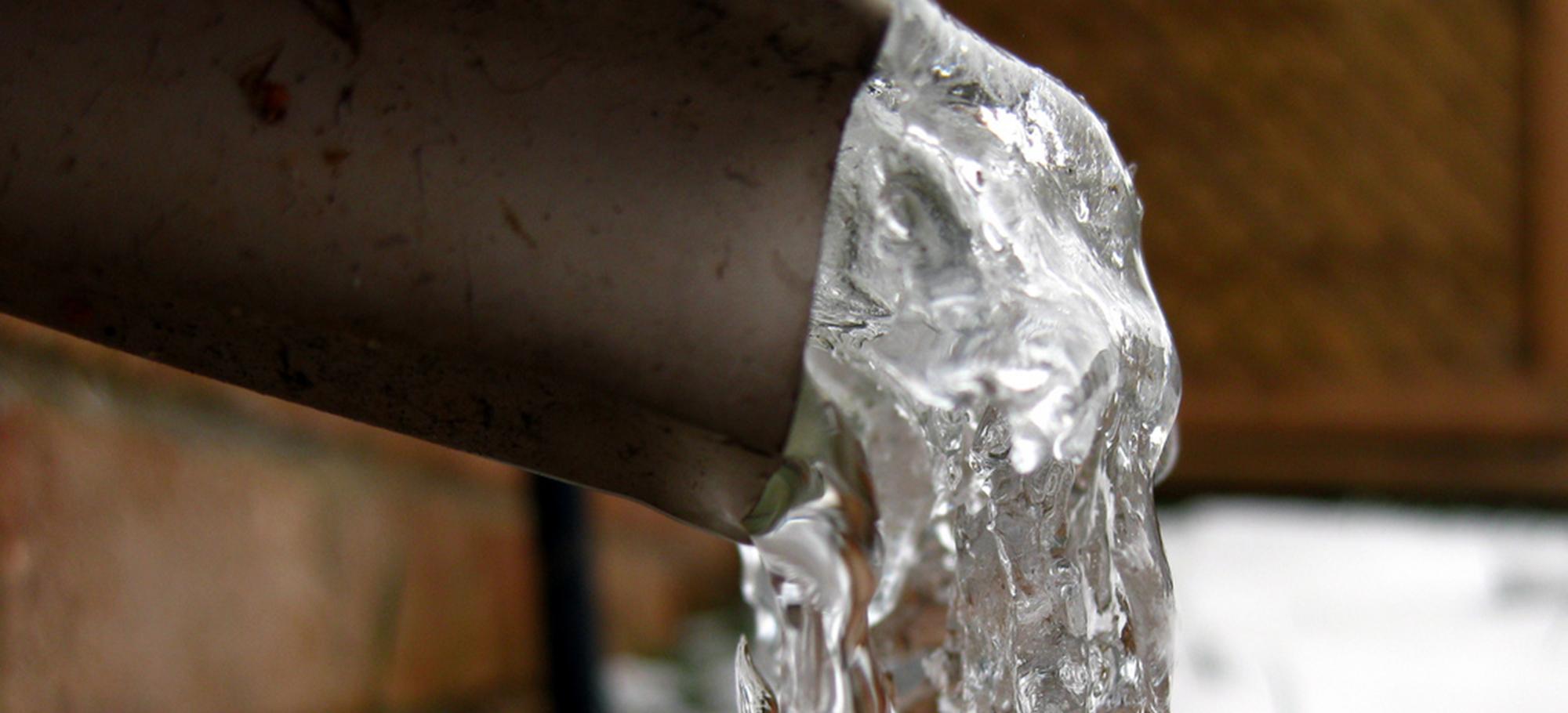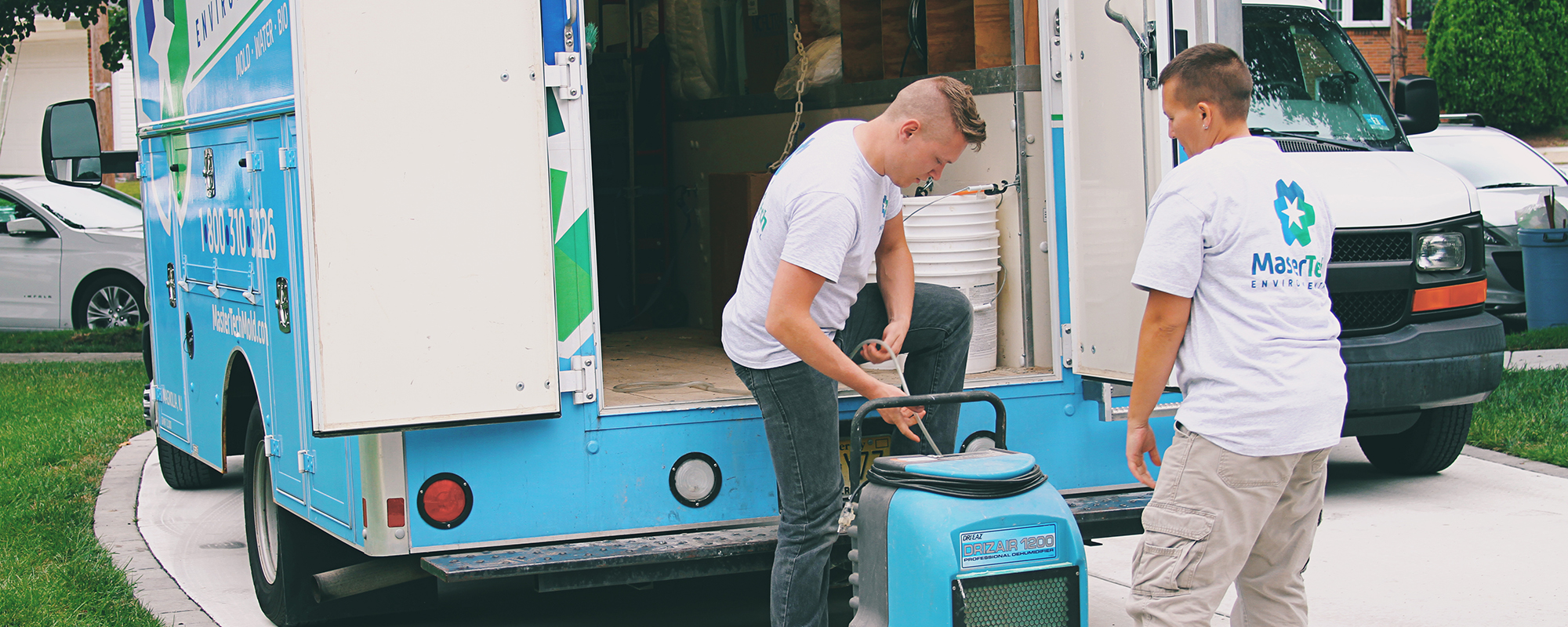
As temperatures drop in the South Jersey area, your pipes grow more and more vulnerable to cracks and ruptures. Water is unique in that it expands when it freezes, unlike most materials that contract with drops in temperature. Without proper preparation, dropping temperatures can freeze the water in your pipes, and the extreme pressure will likely force your pipes to burst. The consequences of a frozen pipe include (but not limited to) ruptured pipes, major leaking, and serious water damage in New Jersey. As we continue into the heart of winter, take some time to go over some quick last minute tips to help prevent frozen pipes and how to react to and deal with frozen pipes.
Prevent Frozen Pipes During Cold Weather In New Jersey
If weather alerts are predicting extreme drops in temperatures, taking a few quick precautionary steps will go a long way to help avoid damage to your pipes.
- Allow your faucets to drip— It will reduce the pressure buildup in your pipes and keep the water moving. Even a slight trickle will make a difference.
- Set your thermostat— Set the same temperature for day and night to help maintain consistent warmth for your plumbing. Most of us like to set the thermostat for a lower temperature through the night to cut down on energy costs. But a higher energy bill will be significantly more favorable than an expensive repair and restoration job.
- Open kitchen and bathroom cabinet doors— It will increase circulation of warmer air to the plumbing behind the cabinets. If you store cleaner and chemicals in your cabinets, be sure to move them to a safe location away from children and pets.
- Keep garage doors closes— Especially if your water heater or any water supply lines are in your garage, you need to keep the cold air out and maintain the warmer air.
- Prepare your home for your absence— If you and your family plan on being away during cold weather, leave the heat running at a minimum of 55 degrees Fahrenheit. Before leaving for your home for extended periods of time, you should set aside some time to properly prepare your New Jersey home for your absence and prevent home water damage during your winter vacation.
If you did not get the chance to do so at the start of this season, you should look into more long-term preventatives for next season. At the start of the winter season (or even fall season) it is always good practice to complete some routine maintenance to prepare your home for winter in New Jersey.

Thawing Out Frozen Pipes In New Jersey
If you go to turn on your faucet and water fails to come out or comes out at a trickle, you might have a frozen pipe on your hands. You should check to see that the water is still turned on and that you don’t have a leak. Once you’ve confirmed these two things, continue your inspection to make sure one of your pipes has not burst. If your search reveals that your pipes are frozen but none have ruptured, you have two choices:
- Call a plumber to help thaw your frozen pipes— This is a good idea if you don’t think you can safely thaw the pipes yourself, you don’t know where the frozen pipes are or you can’t access the frozen area.
- Attempt to thaw the frozen pipes yourself— Be aware this option can be dangerous if not done correctly. You should NOT attempt to thaw it out yourself if you are unable to locate the frozen area, if the frozen area is not accessible, or if you can not safely thaw the pipe.
If you decide to proceed and thaw the pipes out yourself, be sure that you are able to determine the location of the frozen pipe. Only proceed if you have full access to the pipe to safely thaw it. Here are some recommendations and safety precautions:
- Keep your faucets open— This will help to relieve pressure on the pipes as the ice melts. The water and steam from the melting ice will have somewhere to go. Running water through the pipes will help the ice melt in the pipe.
- Apply heat to the frozen area of the pipe— Isolate the frozen section of your pipes and apply steady heat. The safest methods include: directing a hair dryer, heat lamp, or portable space heater towards the frozen area. Leave the faucet open for water and steam to escape.
- DO NOT leave running heating equipment unattended at any time
- If you lack the above items, you can wrap an electric heating pad around the pipe. You can also choose to soak a rag with warm hot water and wrap that around the pipe; however, this can get rather messy. (DO NOT pour boiling water directly into your pipes)
- NEVER use a heat source with an open flame– Heating tools like a blowtorch, kerosene or propane heater, charcoal stove or anything else with an open flame will introduce extreme heat too quickly. Such a rapid shift in temperature can cause your pipes to explode.
- Apply heat until the full water pressure is restored.
- If you are unable to isolate the frozen area, if the frozen area is not accessible, or if you can not thaw the pipe safely by yourself, call a licensed plumber.
- Check all pipes— Turn on other faucets throughout your home to check for any more frozen pipes.

Unfortunately, sometimes all the preparing and maintenance checks in the world cannot prevent some accidents. If a frozen pipe ruptures and leads to major water intrusion in your New Jersey home, MasterTech Environmental’s Emergency Water Damage Restoration in Team New Jersey is available 24/7 to come to your rescue. Remember, it only takes 24-48 hours for mold to begin to develop in areas experiencing major water exposure, so call a professional right away upon discovery. If you suspect the water has been there for a while, and you are concerned about mold development, you might need professional mold removal in New Jersey.


